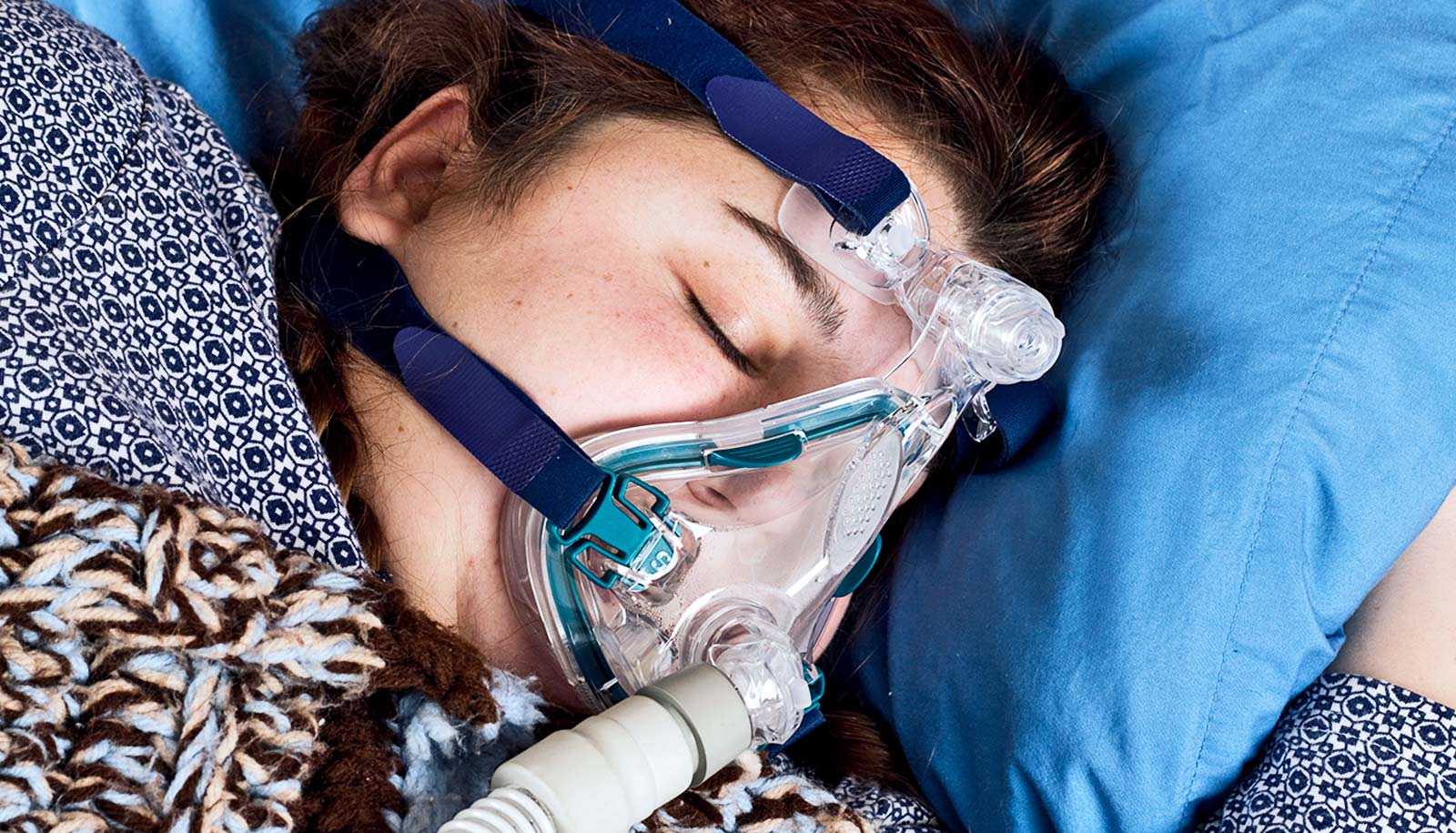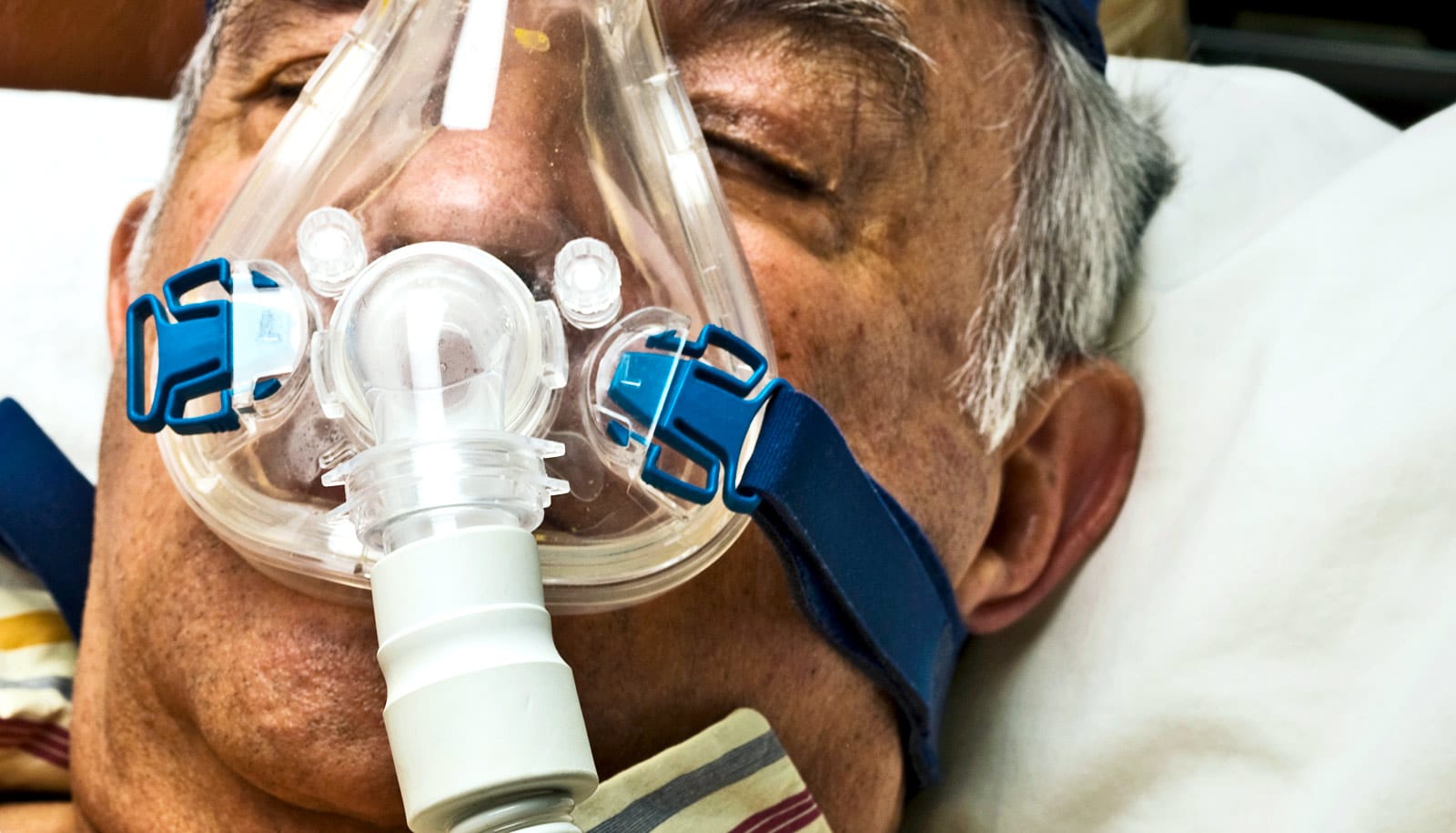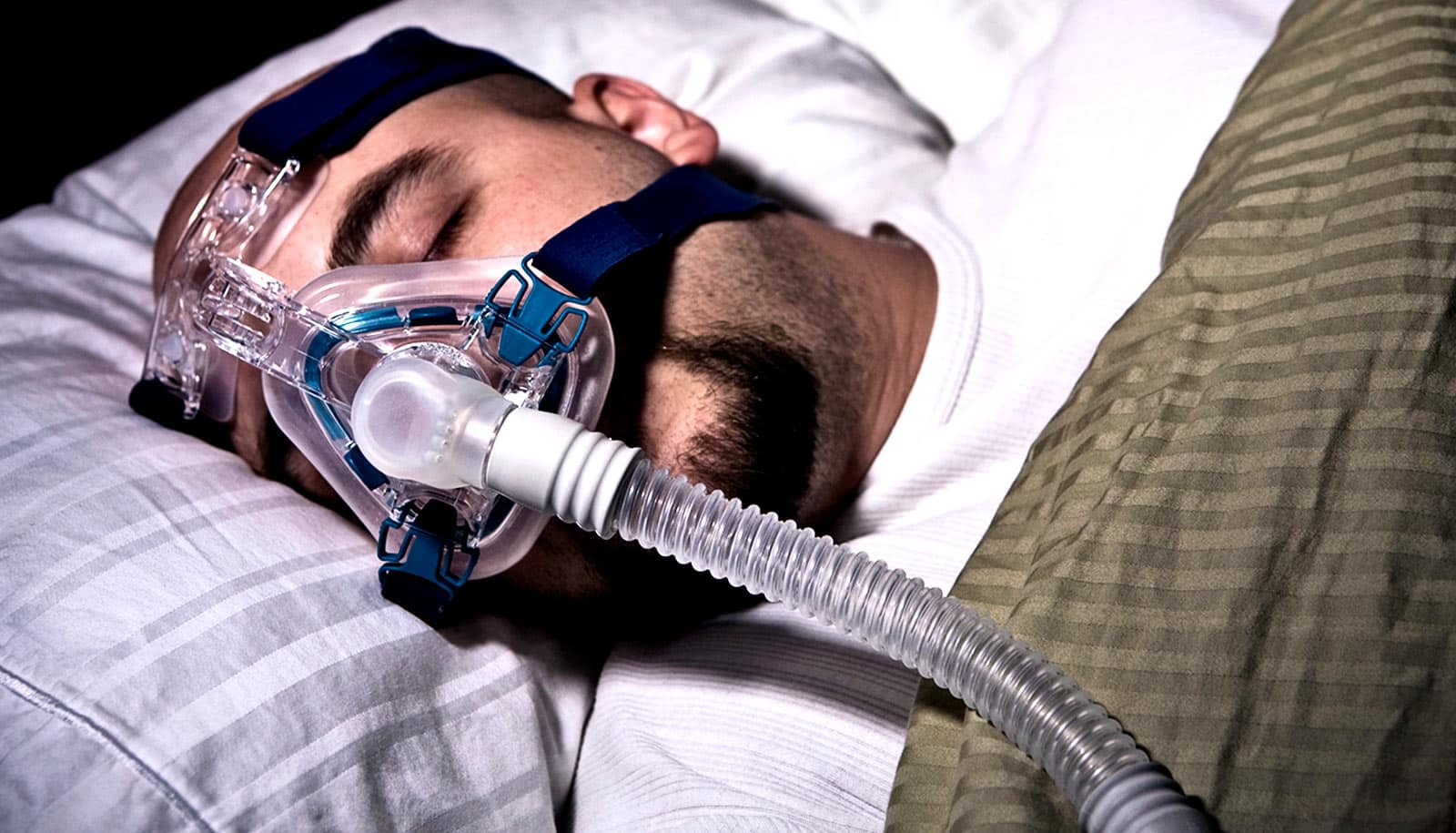Untreated obstructive sleep apnea accelerates the biological aging process, according to a new study, but appropriate treatment can slow or possibly reverse the trend.
Obstructive sleep apnea (OSA) affects 22 million people in the US and is linked to a higher risk of hypertension, heart attacks, stroke, diabetes, and many other chronic conditions.
Age acceleration testing involves a blood test that analyzes DNA and uses an algorithm to measure a person’s biological age. The phenomenon of a person’s biological age surpassing their chronological age is called “epigenetic age acceleration,” and is linked to overall mortality and to chronic diseases.
“Age acceleration isn’t unique to OSA—it can be caused by a variety of environmental factors like smoking, poor diet, or pollution,” says Rene Cortese, assistant professor in the child health department and the obstetrics, gynecology, and women’s health department at the University of Missouri.
“In Western culture, it’s not uncommon for people to experience epigenetic age acceleration, but we wanted to know how OSA affects systemic age acceleration compared to those who don’t suffer from this condition.”
Researchers studied 16 adult nonsmokers diagnosed with OSA and compared them to eight control subjects without the condition to assess the impact of OSA on epigenetic age acceleration over a one-year period. After a baseline blood test, the OSA group received continuous positive airway pressure (CPAP) treatment for one year before being tested again.
“Our results found that OSA-induced sleep disruptions and lower oxygen levels during sleep promoted faster biological age acceleration compared to the control group,” Cortese says.
“However, the OSA patients who adhered to CPAP showed a deceleration of the epigenetic age, while the age acceleration trends did not change for the control group. Our results suggest that biological age acceleration is at least partially reversible when effective treatment of OSA is implemented.”
The key to CPAP’s success in slowing age acceleration is strong adherence to using the device for at least four hours per night. It’s not clear how age acceleration will affect clinical outcomes and how it applies to other risk groups or children with OSA.
“Since children with OSA are treated differently from adults, this research raises a lot of questions,” Cortese says. “We need to learn more about the mechanisms and the biology behind these findings. It’s very exciting and thought-provoking research.”
The study appears in the European Respiratory Journal.
The National Institutes of Health, the University of Missouri, and a Leda J. Sears Charitable Trust grant funded the work. The authors disclose no conflicts of interest.
Source: University of Missouri



